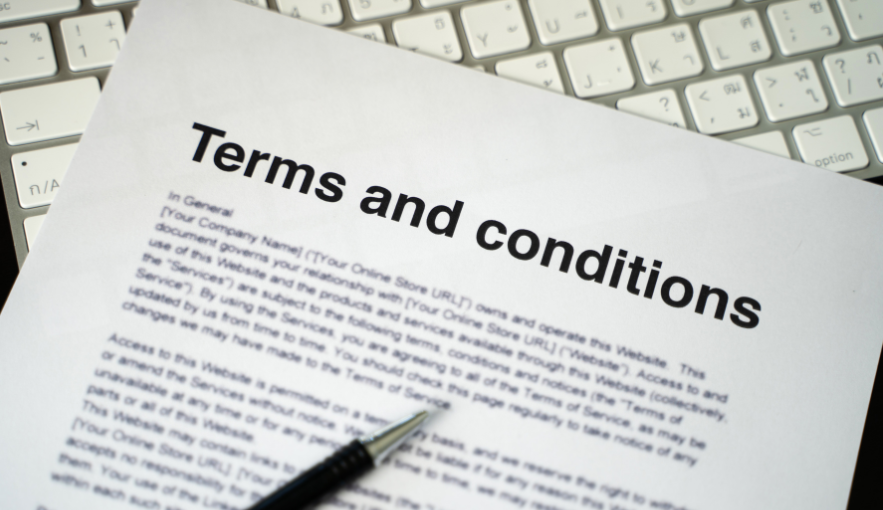The battle of the forms

The battle of the forms
Picture this. Your business is in a purchase and supplier relationship with another business. You may have had a good history of working together with no issues arising.
You then find yourself in dispute with the other business/party. Both businesses believe that it is their terms and conditions which apply to the contract. You become involved in a flurry of correspondence about whose standard terms and conditions should apply.
The above situation plays out time and time again, a so called “battle of the forms”.
In practice, this may happen when one party sends a purchase order with standard terms and the other confirms the order by referring to their own standard terms. Or it may be when some businesses rely upon delivery notes or even invoices to communicate their terms of business.
Logically, the invoice is the last document generated in the supply chain process. A reference to a party’s terms and conditions at this stage is simply too late. If the need arises to rely upon the terms and conditions when something goes wrong it is unlikely that they will apply to the supply contract, leaving the party liable for the potential risk it had sought to transfer or exclude.
So, the battle has begun, but who wins?
This will depend on the circumstances of each case.
If you find yourself in a dispute which ends up in Court, the Court will consider the parties conduct in order to see whether one party appears to have accepted the other.
It may be that the Court finds that the last set of terms provided will prevail, however, a Court may instead find that this is not the case, and a previous course of dealing may be relevant. The Court may even find that neither party’s terms are incorporated or that no contract at all has been formed.
In the recent case of TRW Ltd v Panasonic Industry Europe GmbH [2021] EWHC 19 (TCC), affirmed by the Court of Appeal in TRW Ltd, v Panasonic Industry Europe GmbH [2021] EWCA 1558, it was found that it was possible for a party to draft its standard terms to win the “battle of the forms”.
How do I avoid going into battle?
In order to avoid going into battle at all and be sure that you can rely upon your terms and conditions, they must be incorporated into the contract at the time that the contract is made. Where terms are not specifically negotiated, they should be brought to the attention of the other party prior to the contract being formed. To ensure this is the case, will depend upon the process adopted with the other business and can vary depending upon the nature and circumstances of the transaction.
All businesses should also review their terms and conditions from time to time and it may be sensible to review the purchasing/sales process as a whole in order to protect your business.
How IBB Law can help
If you find yourself in a dispute like the above or want to check your business is protected, our Commercial Dispute Resolution Team can provide advice and our Commercial Team can assist with advice on the terms of supply chain contracts, their formation and process, with a view to protecting your business for the future.
Speak to one of our specialist lawyers on 0330 175 7621 or email commercialdisputes@ibblaw.co.uk.
